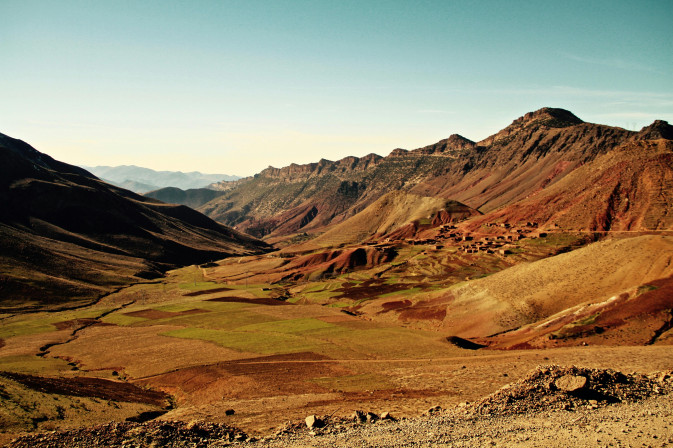African countries are among the most vulnerable to climate change and are amidst those around the world facing many shared challenges which require sustainable solutions. To strengthen climate resilience in Africa, better climate knowledge and information services, including better early warning procedures, are required at regional and local levels both for Disaster Risk Reduction and Adaptation to Climate Change.
For the first time, the World Climate Research Programme (WCRP) held in October 2023 in Kigali, Rwanda, its Open Science Conference in Africa to further develop mutual understanding and explore opportunities and challenges of the continent. This conference (https://wcrp-osc2023.org/) brought together the climate, environment, and related communities, to discuss the latest developments in climate science and explore the transformative actions urgently needed to mitigate the climate risks, and to ensure a sustainable future. Taking place at a critical moment in Earth’s history, the outcome of all conference sessions culminated with the “Kigali Declaration” – a conference statement that will be submitted to the 28th Conference of the Parties (COP28) taking place in the United Arab Emirates immediately after the Conference.
Inès Alterio, European Project Manager ANR-French National Research Agency and Patrick Monfray Research Director CNRS-French National Center for Scientific Research represented the MAGICA project at this conference.
In the Session S33: Linking policy and climate information, they presented the mechanisms put in place within MAGICA for the development of a Strategic Research and Innovation Agenda (SRIA) to fill research gaps urgently needed to transition to a climate neutral and resilient society.
They also introduced the African Union – European Union Partnership on Climate Change & Sustainable Energy initiative on resilience CS4RRA (http://cs4rra.wascal.org/), which is an initiative of the WASCAL project (funded by the German Ministry of Education and Research (BMBF)).
